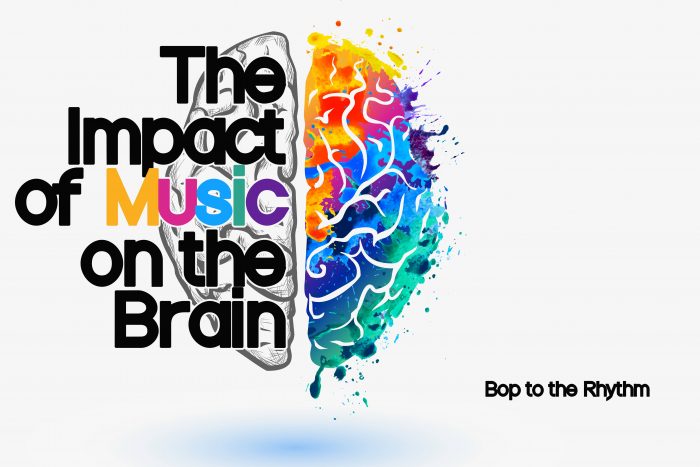The Impact of Music on the Brain
The Impact of Music on the Brain

When it’s time for me to get in the “zone” to write, you’ll find me sitting at my desk with headphones in. Typically, the music I listen to when I write has little to zero lyrics in it. The harmony of the beats and the instruments puts me in a mindset for creativity. After a little while, regardless of who’s around or what’s going on, I’ll catch myself bobbing my head and dancing a little. This got me wondering, what’s going on in my brain that’s got me dancing, nearly subconsciously?
Music has a biological impact on our brains. How neat is that?
Here are a few things I discovered while researching the impact of music on the brain that I found interesting.
- Music impacts people of significantly diverse living conditions in a similar manner. This study was conducted by two universities in Canada, which tested the influence of the same songs on a group from the city and a group from the rainforest. After listening, the two groups selected from a range of emotions how they felt. Both reported similar emotions—excitement and calmness.
- Based on neuroscience, musicians tend to have healthier brains. A study done by the University of Kansas showed that those with musical experience scored higher on tests involving cognitive skills, adapting to new information, and visuospatial memory, which helps the brain to imagine and analyze objects. The brains of musicians are special in general, based on many different studies.
- Another study showed that listening to music was more beneficial to easing anxiety than prescription drugs in patients undergoing surgery.
- Cortisol, which is a stress hormone in the brain, is reduced with the help of music.
- Not only does listening to music lower the levels of stress hormones in the brain, it also increases levels of dopamine, which leaves you feeling euphoric.
Next time you are feeling stressed or down, science says throw on some tunes and release those negative emotions.









